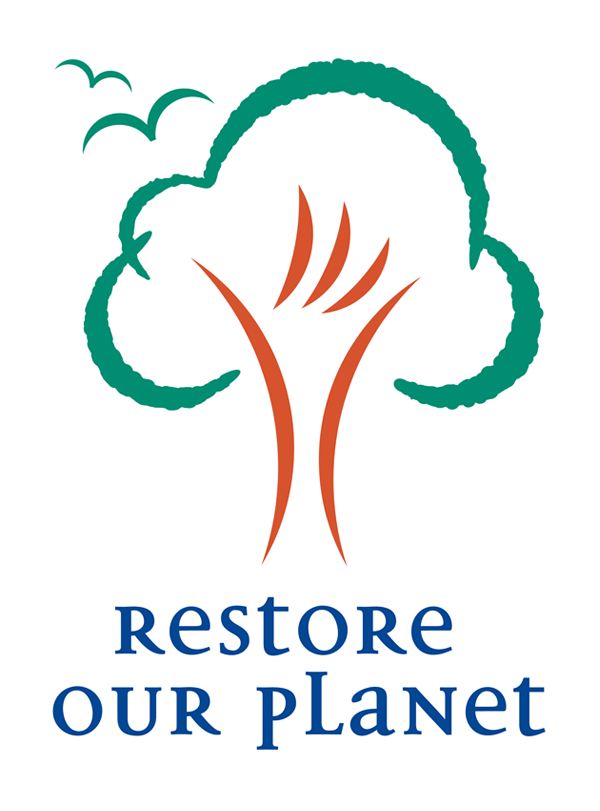Naturally Native is partnership between Durham Wildlife trust, Tees Valley Wildlife Trust and Northumberland Wildlife Trust delivering essential conservation work to halt the decline and aid recovery of native water voles (Amphibia arvicola). Working with landowners and local communities to ensure native wildlife, like the water voles, have a place in our future, Naturally Native is a people project as much as wildlife project.
Water voles suffered a drastic decline across the 20th century and populations- particularly within the lowlands of the North East- are at significant risk of local extinction. Naturally Native will tackle the two main causes of decline: predation by introduced American mink (Neovison vison) and the loss and fragmentation of habitat.
Since the start of 2021, 4km of habitat have been improved for water voles to encourage, where possible, the natural expansion of remaining fragmented populations. This work has included the removal and control of invasive species such as Japanese knotweed, Himalayan balsam and snow berry – which reduce the diversity of bankside vegetation needed for food and shelter and can impact bank stability and soil run-off into the water. The addition of refuge ponds provides valuable shelter during time of flooding and heavy water fall while also creating a more complex habitat, which can protect water vole populations from invading American mink.
Monitoring for American mink is occurring at over 90 locations to date with additional sites being established in new areas to create a network along the River Tyne, River Wear and River Tees catchments. To date over 160 American mink have been removed from the project area. The project is starting to collect DNA samples from mink to develop a greater understanding of the population size and movement of mink within the region. It is anticipated this data will also provide a greater understanding of how mink enter the region and highlight key areas vulnerable to mink invasion.
Over 90 volunteers are supporting the project through monitoring equipment, carrying out water vole surveys and managing data. The project is also working with 60 landowners to ensure work is delivered at a true landscape-scale. A secondary education program has been delivered to 600 students and an additional 600 individuals have taken part in water vole walks, talks and family friendly events.
Restore Our Planet are pleased to be supporting this excellent project.
